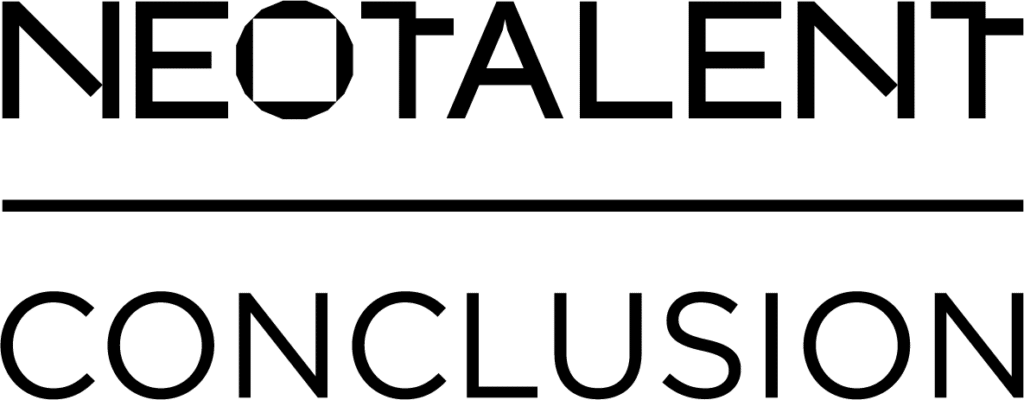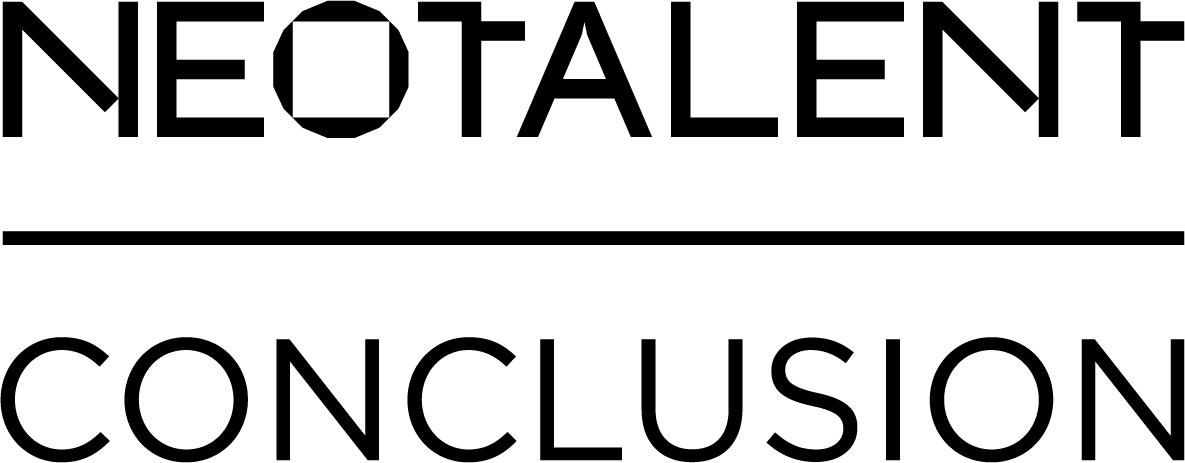The concept is not new. Nearshore refers to the relocation of work capacity to nearby countries (no more than 3-4 hours between flights), whose outputs are based on cultural proximity, aiming for operational efficiency indicators, financial savings, high performance, business scalability and fluid communication between the teams deployed.
Among the industries that adopt this practice the most, IT Services (aka Software Development and others) stand out. In addition to the attractiveness factors specific to each country, the challenges for technology companies in attracting and retaining talent (and the growing schism over the attrition rate), and the fight against operational inefficiencies imposed by their growth, there is the external geopolitical factor – unstable and difficult to project – which is still in the throes of the latest epidemic and the tension between Ukraine and Russia. Inflationary trends and the cost of living are now, more than ever, key indicators for companies looking for their Second Home in another country.
Portugal, despite living in a controversial real estate bubble, has been proving its attractiveness to other countries. That’s what I felt weeks ago while networking at two tech events, in Amsterdam (TechEx Europe Expo) and London (Sifted Summit), and that translates into the phrase “Everyone wants to grab a piece of Portugal“. In fact, at a panel on Deeptech, at the latter event in the English capital, Andrea Traversone, head of the Nato Innovation Fund (NIF), an organization that works as a €1B Early-stage Venture Capital for verticals such as Artificial Intelligence, Biotechnology, Space and others, pointed to Portugal as a target for investment due to its disruptive projects in this sector.
However, let’s not be blinded by the present. Other nations are contesting their ambitions to thrive in this globalization of the technology sector. As a country and as a brand, Portugal must continue to invest in sustainable policies aimed at attracting foreign investment and sizable projects in the Digital Economy: through the proliferation of an attractive tax system for Investors, as well as in the specialization of our talent (and continuous education to accelerate a larger pool of professionals). In a market as overheated as ours, with opportunities and challenges here and there, it is crucial that companies’ strategy is as employee-centric as it is customer-centric, avoiding marginal gains (but rather structural ones), based on long-term plans, strong, collaborative and inclusive organizational cultures, tailor-made career management models to the (human) resource and Innovation, as the central driver of differentiation and the axis of their DNA. Technology companies (Big Tech, scale-ups or start-ups in the hype phase), in particular, play a very important role in this relationship, as they organically feed the ecosystem (an impetus between entrepreneurship and R&D), boost the community with more “brilliant minds” and drive circular synergies between companies. The economic value generated is undeniable if we add up the collateral indeces of tech tourism, with an increasingly diverse portfolio of conferences and events.
Pulling back the veil to 2024, it is imperative to consider:
- The 2024 State Budget proposal and the tax incentive for scientific research and innovation, which sets the personal income tax rate at 20%;
- The growing trend towards the adoption of the four-day workweek among technology companies in Portugal;
- The colossal explosion of start-ups, especially those based on AI-driven models;
- On an international scale, uninterrupted investment in Robotics and Automation and the relocation of operations as a means of surviving the supply chain crisis.
In conclusion, I believe that the signs are still promising for next year. However, it is up to Portugal to continue to be a catalyst for innovation and to draw up a roadmap with attractive conditions and characteristics that are difficult to replicate in order to host technological projects. To do so, in this value proposition, there must be a pioneering and daring streak, which defines us so well and dates back to our discovering ancestors. Otherwise, it won’t be our long stretches of sand, our codfish in its hundreds of variants or the “desenrasque” that will save us. We’ll see the digital nomads and Tech Hubs moving their “roots” as quickly as they’ve settled in.
Pedro Cabrita
Nearshore Business Development Manager
I began my professional journey where creativity resides (in Advertising). After several briefings and insights into markets, I landed in the vibrant and ever-changing world of IT, focusing on international business management and development. In the process, I contributed to projects for fast-growing startups that were establishing their operations in Portugal. On a personal note, I am a new father, and this demanding role has given life the deepest meaning. A perfectionist by nature, I strive to harmoniously and epicureanly combine good wine with a few kilometers of weekly running.





